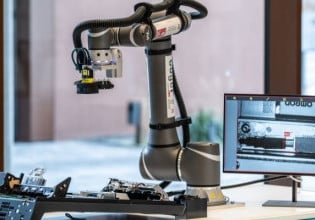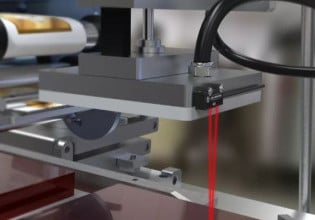A
For those that are thinking of using 802.11 wireless ethernet in your
plants:
http://www.theregister.co.uk/content/55/20877.html
"EE Times reports that a passive ciphertext attack, based on the theoretical
groundwork laid by the researchers, would allow someone with a wireless LAN
connection to retrieve a security key in less than 15 minutes."
Alex Pavloff
Software Engineer
Eason Technology
plants:
http://www.theregister.co.uk/content/55/20877.html
"EE Times reports that a passive ciphertext attack, based on the theoretical
groundwork laid by the researchers, would allow someone with a wireless LAN
connection to retrieve a security key in less than 15 minutes."
Alex Pavloff
Software Engineer
Eason Technology






